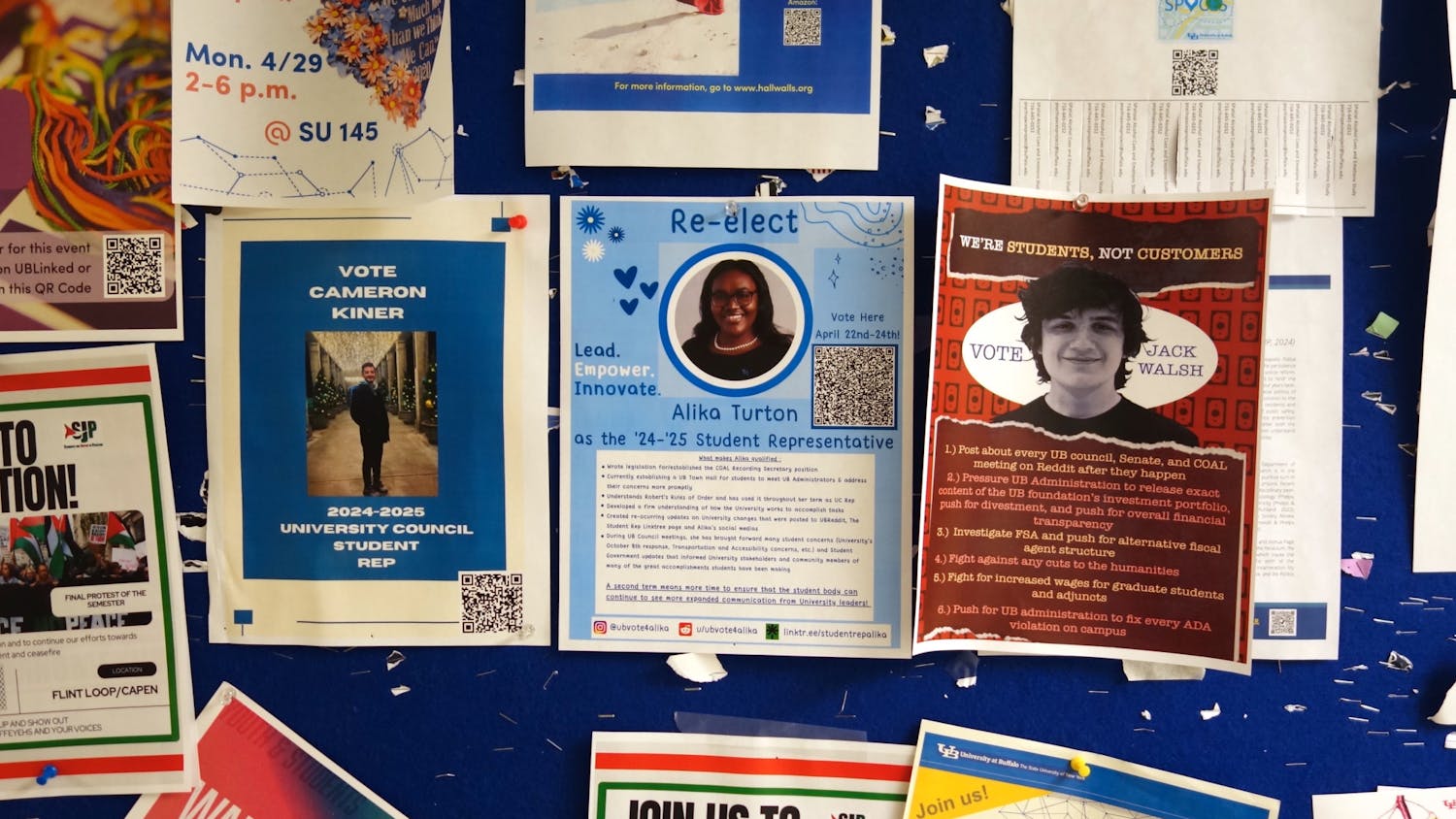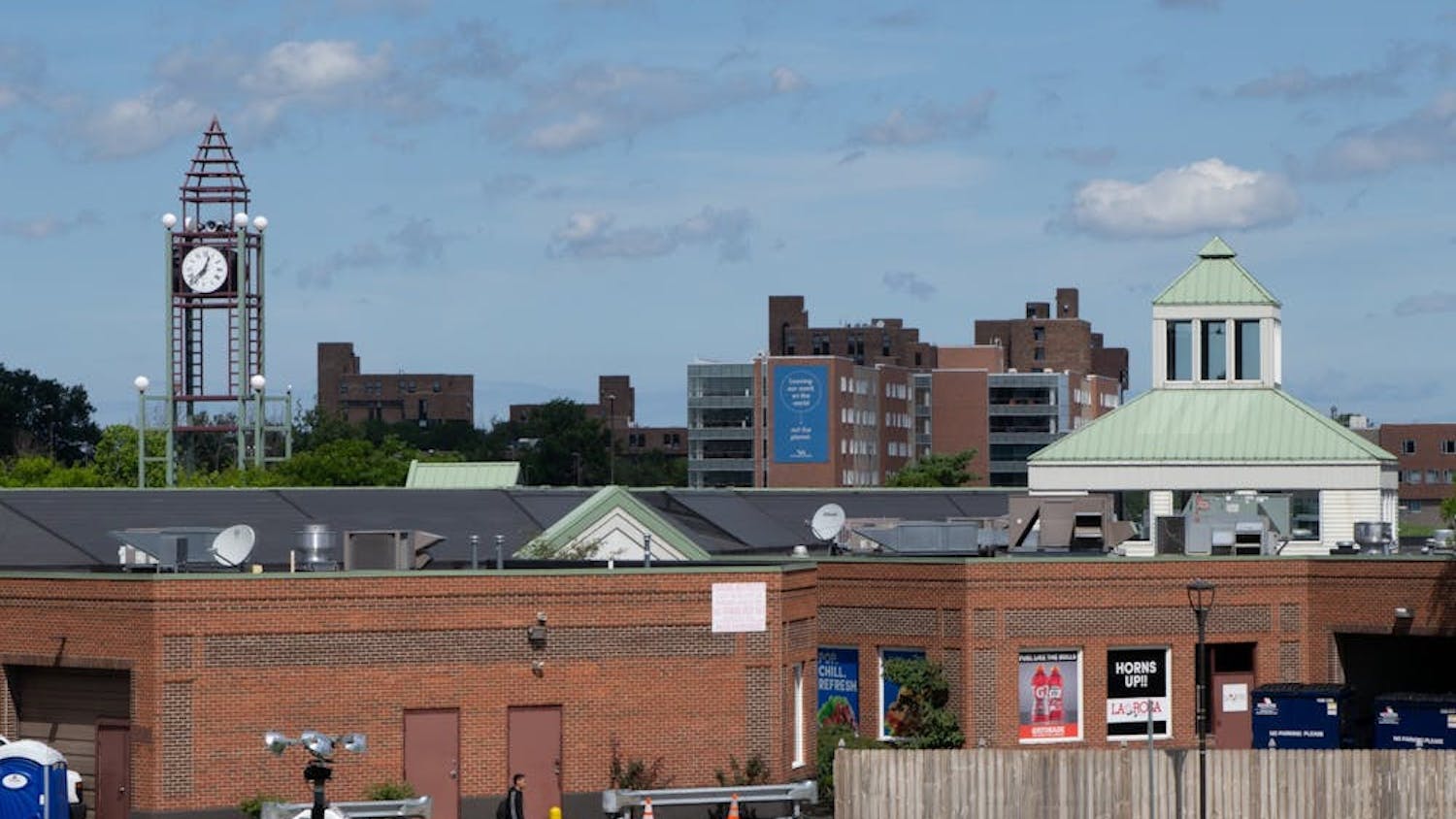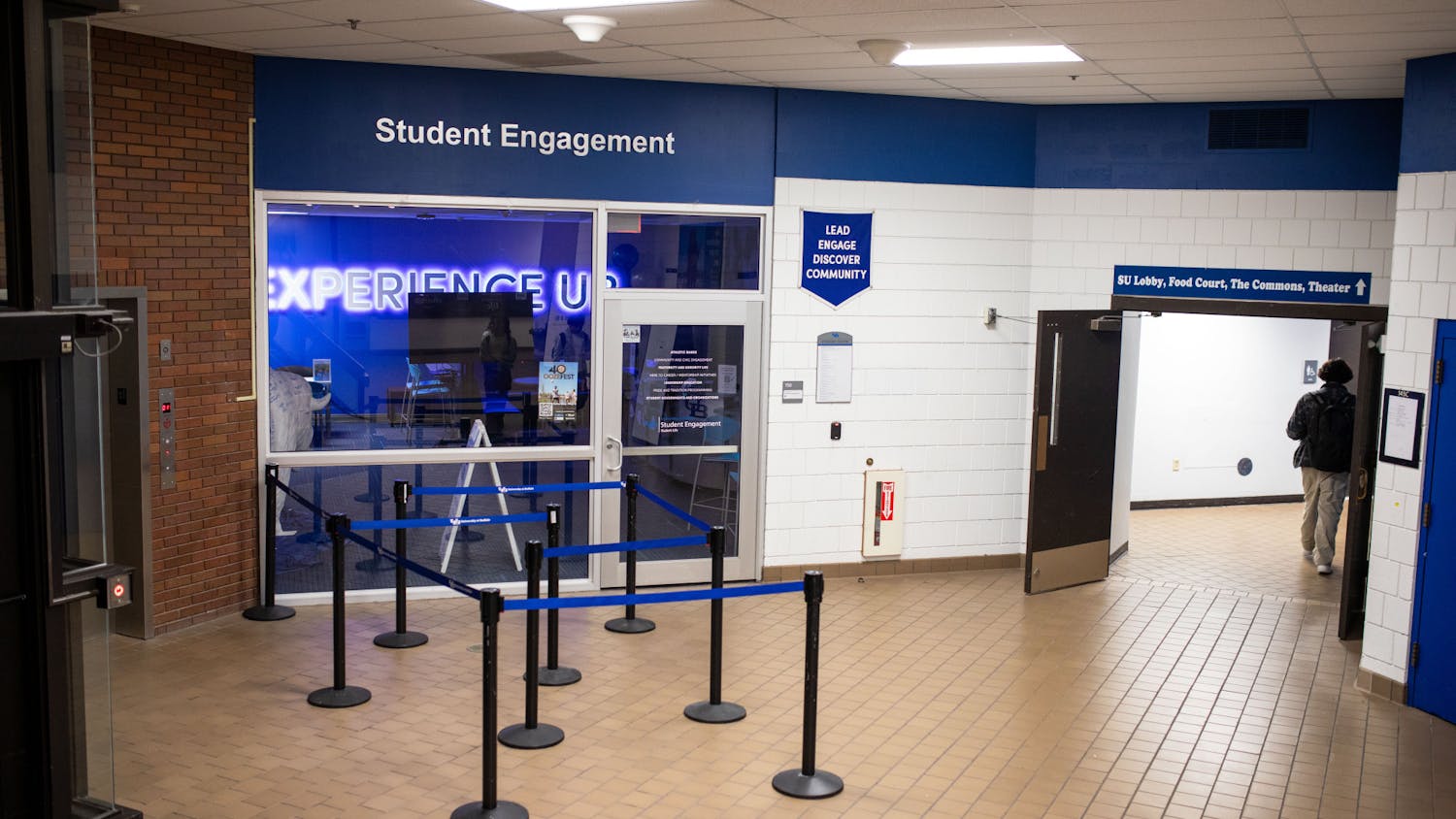Vice Provost for Academic Affairs Kerry Grant announced at Wednesday's Faculty Senate Executive Committee meeting that his office has completed a report detailing the competitiveness of UB's graduate teaching assistant stipends, an issue the university has "constantly asserted every year . is a major problem."
Under Gov. George Pataki's proposed 2002 New York State budget, however, it is unlikely the report will help in lobbying SUNY to raise stipends to a competitive level.
Prior to Pataki's budget announcement, Grant said UB and SUNY's other research centers - Albany, Stony Brook and Binghamton - were assured that stipend increases "would be advanced as an important priority in the budget." The aftermath of Sept. 11 left SUNY's budget stagnant, and with an almost 3.5 percent negotiated wage increase for UB faculty and staff next year, Grant said the push for stipend increases will be tabled for at least another year.
"Sept. 11 pretty much knocked all that talk aside," said Grant. "Lobbying for an increase would be mistiming the push." Grant added that few would likely be pleased with an incremental increase.
"Everybody wants to see something done, not just a minor fix," said Grant.
Grant's report includes, and was partly inspired by, an article appearing in the Sept. 28 issue of the Chronicle of Higher Education, a weekly educational periodical, detailing stipend levels at both private and public universities in the American Association of Universities. According to Grant, however, the variety of fellowships and scholarships available through both UB and SUNY, along with different research considerations, makes determining an average figure for comparison "a difficult, and to some degree pointless, task."
Of the 45 universities responding to the Chronicle's survey, UB had the lowest nine-month stipend for English TAs at $8,400, and ranked relatively low in surveys of economics and mechanical engineering stipends for the 2001-2002 academic year.
While the base-level stipend for graduate assistants has been steady for nearly 11 years, UB's chemistry department can offer incoming TAs an $18,380 stipend for 12 months of teaching and research, the result of an effort to make the school "much more competitive with the top schools," according to Jim Atwood, chair of the chemistry department.
Atwood said he and others in the department had "long been frustrated with a lack of progress" by 1997, and with the full approval of faculty and graduate students, moved to reduce the number of graduate TAs by nearly 20 percent to raise the stipend.
He added that although the cuts increased the teaching and research requirement to 20 hours a week, the average GPA of new chemistry TAs has risen from 3.1 to 3.4.
"It became obvious that nothing was going to happen anytime soon," said Atwood. "We now get a few comments from students that their workload is much too high, but they can get by on that amount."
Although Grant advises departments to "rely on your own resources at times when the university isn't getting any more money," he and UB President William R. Greiner concurred at Wednesday's meeting that finding funds for the College of Arts and Sciences may be more difficult.
Bruce Hall, in his fourth year as a graduate teaching assistant in UB's history department, received TA position offers from the University of Iowa, Illinois State and Baylor University as well as from UB, but knew he had to come to Buffalo to study under Georg Iggers, a professor emeritus of history.
Although he received an offer for around $12,000 from Baylor, "I knew I was going to have to get student loans anyways," said Hall. "I would've hoped [UB's stipend] was better, but it wasn't crucial to my decision."
Hall said it would be unlikely that the history department could cut back on TAs to raise stipend levels, as the universal undergraduate requirements for world civilization and American pluralism courses require nearly all the department's TAs.
Grant said that while UB stipend levels are still "one of UB's highest priorities and needs," the university is able to attract exceptional graduates through many of the university-wide fellowships available, including the renewable Presidential Fellowship of $8,000 per year, the renewable Dean's Fellowship of $4,000 a year and departmental awards.
"Overall, we're able to raise the stipends of the best students here, who are eligible for the best graduate grants," said Grant.




